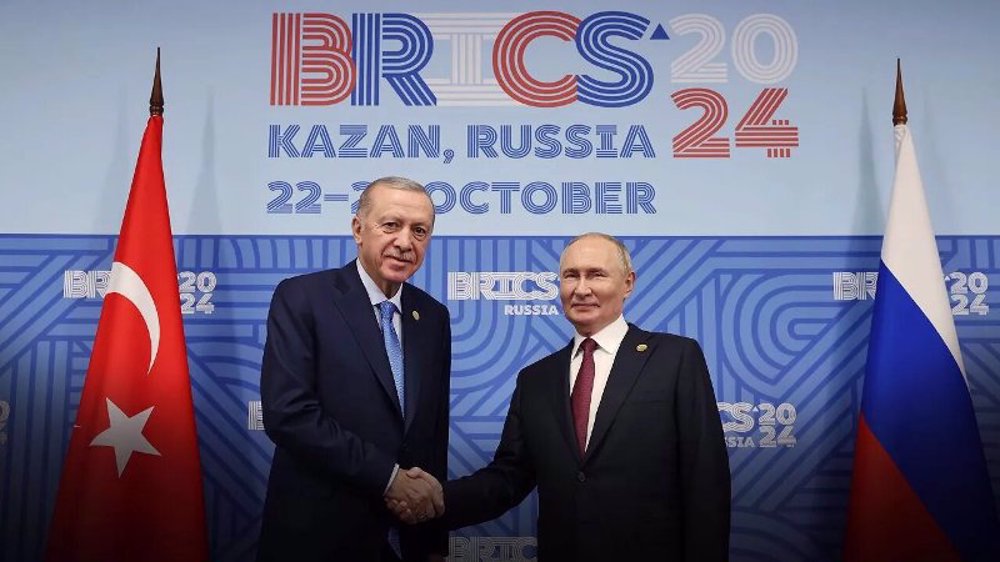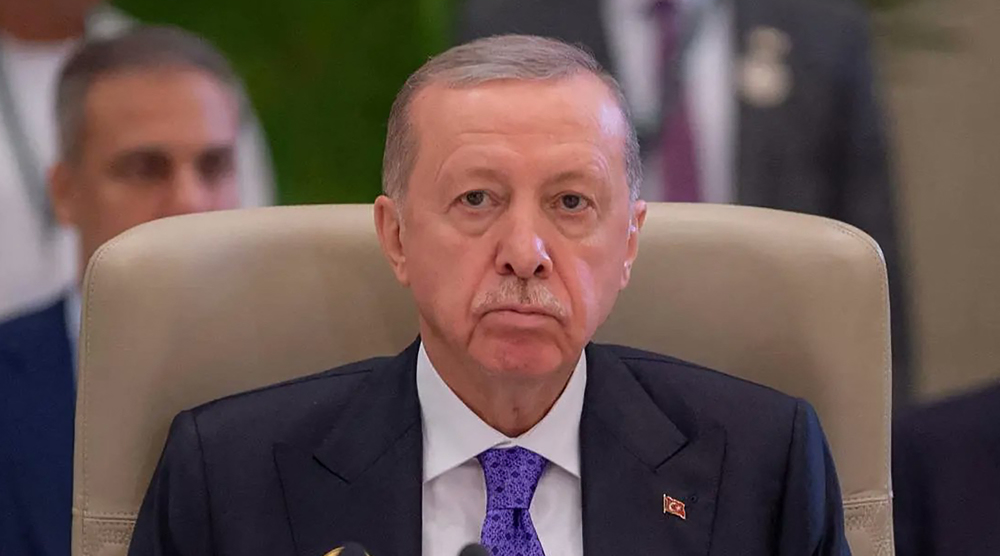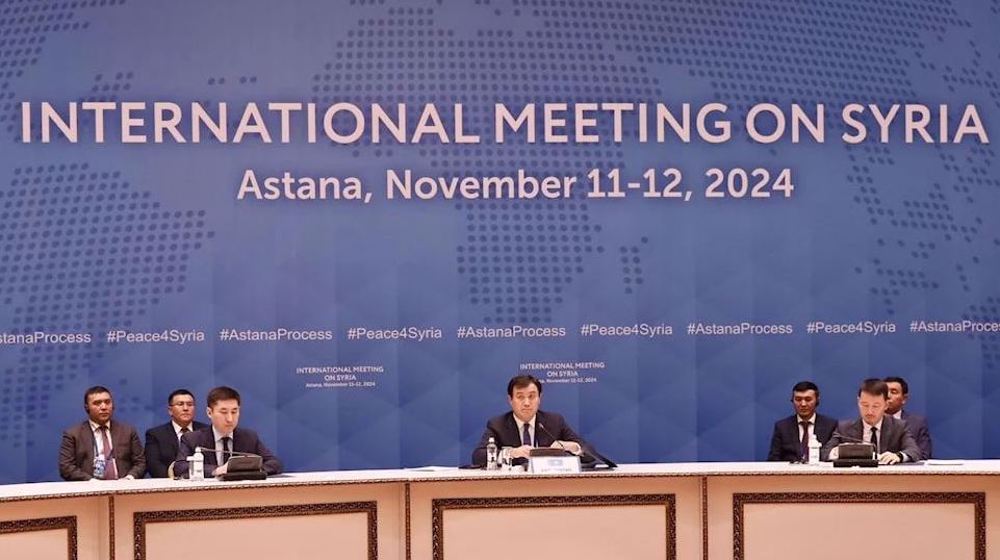Turkey backsliding in area of rule of law: EU official
The European Union has once again warned Turkey that its widening post-coup crackdown has made the prospects of the country's membership in the continental bloc even dimmer than before.
"The large scale and collective nature of measures taken over the last months raise very serious concerns," Johannes Hahn, the EU Commissioner for European Neighborhood Policy and Enlargement Negotiations, said on Wednesday.
He added, however, that the "coup attempt of July 15 was an attack on democracy per se."
An annual report on Turkey's long-running bid for membership in the EU, presented by Hahn, also adopted a hard-hitting tone, saying Ankara had rolled back the independence of the judiciary, freedom of expression and other fundamental democratic standards since the coup attempt.
"The measures taken since July... raise a number of very serious questions going to the heart of the rule of law," said the report, adding that Turkey's defiance of EU calls for a narrower definition of its anti-terror law would certainly harm the country's aspirations for joining the EU.
"Turkey as a candidate country must fulfill the highest standards in the field of the rule of law and fundamental rights. In this year's report we therefore stress Turkey's backsliding in the area of rule of law and fundamental rights," the report said.
The new report is expected to further strain relations between Turkey and the European Union, which hit a major snag after the 28-nation bloc began to criticize Ankara for arresting and firing tens of thousands of people over suspected role in the coup.
The EU has repeatedly said that Ankara has acted beyond the rule of law. Turkey has defended its arrest of 35,000 people and a further discharge of 100,000 from the army and public institutions, saying the hunt for those linked to Fethullah Gulen, a US-based cleric who is Ankara's prime suspect in orchestrating the coup, will continue. Gulen denies the Turkish government's claim of his involvement in the coup.
The EU also reacted to Turkey's intensified crackdown on Kurdish activists and politicians last week, calling on Ankara to release lawmakers who were arrested on October 4 on suspicion of being linked to outlawed Kurdish militants.
The EU and Turkey are also at odds over the implementation of a March deal on refugees. Brussels has refused to grant some privileges promised to Turkey as part of the deal, which requires Ankara to take back refugees landing on European coasts. Turkey has threatened to withdraw from the agreement.
A Turkish presidential spokesman reacted to the new EU report, saying any move by the EU to slow Turkey’s accession negotiations would have consequences.
"If they resort to such ways, they will have to live with the results," Ibrahim Kalin said.
VIDEO | Press TV's news headlines
VIDEO | Yemeni protesters call for military mobilization against Israel
VIDEO | Art festival honors Martyr Tehrani Moqadam’s legacy
Borrell urges sanctions on Israel for war crimes
VIDEO | Top Iranian delegation in Beirut for talks
UN calls on Israel to allow unrestricted access to Gaza to deliver aid
‘Arab Nelson Mandela’ released after 40 years in France
VIDEO | Jordanians condemn Israel’s ban on UNRWA activities in occupied Palestine










 This makes it easy to access the Press TV website
This makes it easy to access the Press TV website